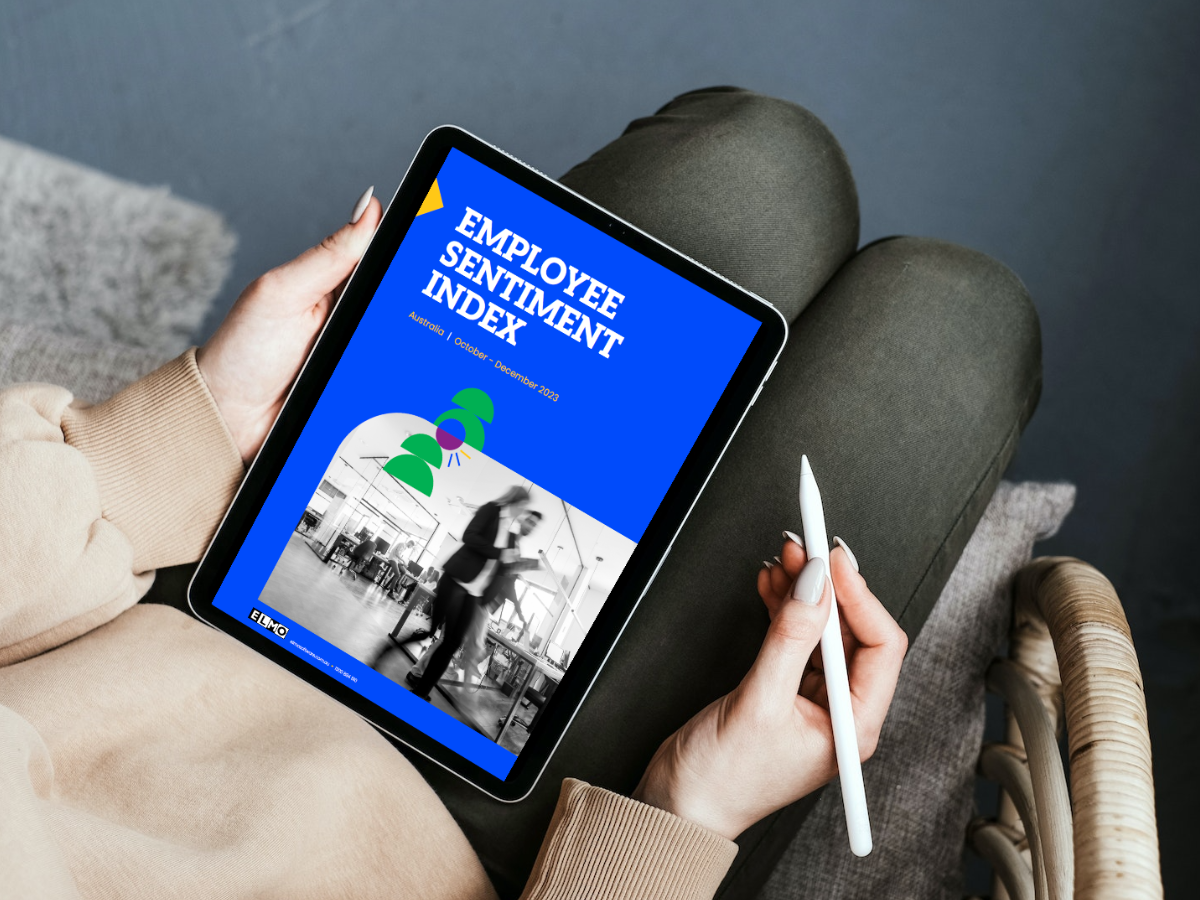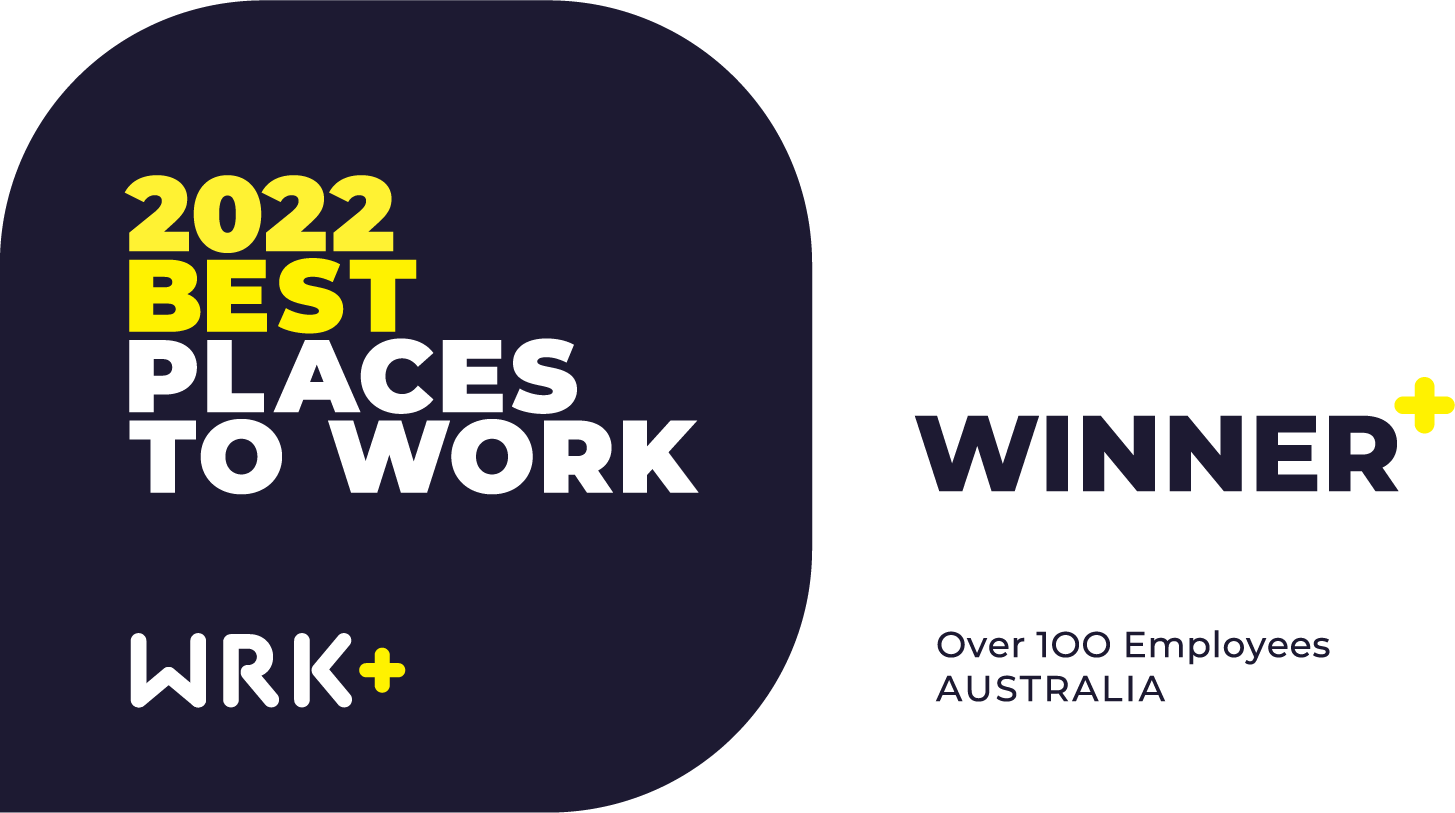COVID-19 variants are making workers concerned about returning to the workplace; workers’ plans for 2022 signals arrival of ‘The Great Resignation’
Key Findings: New COVID-19 variants are making 69 per cent of workers concerned about being in the workplace Working alongside unvaccinated colleagues makes 67 per cent of workers uncomfortable, up ...

Key Findings:
- New COVID-19 variants are making 69 per cent of workers concerned about being in the workplace
- Working alongside unvaccinated colleagues makes 67 per cent of workers uncomfortable, up from 58 per cent in Q3 2021
- ‘Great Resignation’ arrives in Australia as 43 per cent of workers plan to search for a new job in 2022, 31 per cent plan to quit their jobs as soon as they secure a new position
- Almost a quarter of workers (24%) say the economy is ‘not secure’
- 45 per cent of workers report feeling burnt-out
Sydney, Australia 3 February 2022: As businesses prepare for 2022 and schools resume teaching, new research has revealed that 69 per cent of workers are concerned about being in the workplace as new variants of COVID-19 spread throughout the community.
The ELMO Employee Sentiment Index found that the spread of the Omicron variant is causing considerable concern and may be behind the 76 per cent of workers who support employers mandating employees be vaccinated against COVID-19, up from 70 per cent in the July to September quarter.
More workers are also reporting they are uncomfortable working alongside unvaccinated colleagues with 67 per cent voicing their concerns, up from 58 per cent in the previous quarter.
The ELMO Employee Sentiment Index is commissioned by ELMO Software and conducted by independent research firm Lonergan Research each quarter among more than 1,000 geographically dispersed working Australians. The poll data is weighted to the latest Australian Bureau of Statistics data.
Now in its fourth consecutive quarter of reporting, analysis of the full 2021 Employee Sentiment Index data has revealed the impact that perceived job and economic insecurity have on workers’ overall wellbeing.
Alarmingly, workers who perceive their jobs as ‘not secure’ are more likely to feel burnt-out than those who perceive it as ‘secure’, by as much as 16 percentage points. When it comes to the economy, those who perceive it as ‘not secure’ are 13 percentage points more likely to feel burnt-out compared to those who perceive it as ‘secure’.
In addition to being more likely to feel burnt-out, workers with low perceived job security are 18 per cent more likely to search for a new job. They are also six per cent more likely to arrive at work while feeling unwell, which could present an additional risk for employers managing COVID-19 transmission in the workplace as employees could overlook symptoms.
The most recent research asked workers about their intentions for 2022. The research discovered more than two in five Australian workers (43%) plan to actively search for a new job in 2022, while a third of workers (31%) say they plan to quit their current job as soon as they secure a new role and nearly a fifth (19%) plan to quit without another job lined up.
The findings come as a warning for employers that the Great Resignation has arrived on Australian shores. It’s unfortunate timing for employers as they deal with a skills shortage and inflated wages.
Despite workers’ plans to begin looking elsewhere, workers have ranked increased wages, more flexibility, more annual leave, a promotion and the ability to work remotely more often as incentives which may encourage them to accept a counter-offer.
ELMO Software CEO and founder Danny Lessem says employers need to be prepared to manage changing employee concerns as COVID-19 and perceived economic insecurity impact workers’ wellbeing.
“Managing the spread of the Omicron variant in the workplace will need to be high on employers’ agenda as 69 per cent of workers are concerned about being at work while new variants are spreading.
“However, employers might have greater means to introduce tougher COVID-19 measures with support for mandatory vaccinations in the workplace climbing to 76 per cent.
“After a year of longitudinal data gathering and analysis the Employee Sentiment Index has offered a rare glimpse into the attitudes and concerns of Australian workers.
“This ongoing study has made clear that when workers perceive their situation to be unstable or insecure their overall wellbeing suffers. Workers who think their job isn’t secure are far more likely to feel burnt-out than their peers.
“After the past year of lockdowns and uncertainty for many workers it is unsurprising that the use of mental health leave has climbed quarter-on-quarter throughout 2021.
“It seems Australian workers are willing to embrace the notion of a ‘Great Resignation’. More than two in five workers say they plan to search for a new job and a third say they are likely to quit their jobs as soon as they have a new one to go to.”
Media Enquiries
Note: Demographic comparisons per question are available upon request
Mick Gibb | Media & Communications Manager
+61 423 149 494 | michael.gibb@elmosoftware.com.au
About the ELMO Employee Sentiment Index
The ELMO Employee Sentiment Index is a quarterly study which examines the attitudes, actions and concerns of Australians in the workplace. The research questions ask respondents to both reflect on the past quarter as well as anticipate the months ahead. The report is completed each quarter to provide a rolling index of Australian workers attitudes and behaviours over time.
Methodology
The ELMO Employee Sentiment Report was initiated to gain data and insights into the attitudes, actions and concerns of working Australians. Respondents were asked to reflect on their actions in the three month period between October 2021 to December 2021. The research was commissioned by ELMO Software and conducted by Lonergan Research in accordance with the ISO 20252 standard. Lonergan Research surveyed 1,010 Australian workers aged 18 years and over between 13 December 2021 to 2 January 2022. The research was conducted through a 14-question online survey. Respondents were members of a permission-based panel, geographically dispersed throughout Australia including both capital city and non-capital city areas. After surveying, data was weighted to the latest population estimates sourced from the Australian Bureau of Statistics.
About ELMO Software
Established in 2002, ELMO is a cloud-based HR, payroll, expense management and rostering / time & attendance software provider. The company offers customers across Australia, New Zealand and the UK a unified platform to help organisations streamline their people, process and pay. ELMO operates on a software-as-a-service (“SaaS”) business model based on recurrent subscription revenues. For more information, please visit www.elmosoftware.com.au.
 HR Core
HR Core 









